

Facilitating Growth, Leadership, and Inclusion through Coaching and Organizational Transformation
I’m a psychoanalyst, ICF-Certified International Executive Coach, and Learning & Development (L&D) expert, with a career dedicated to supporting leaders, executives, and organizations in their evolution. As an advocate for digital accessibility and inclusion, my purpose is to break down barriers and unlock talent to build more equitable and future-aligned environments.
Through coaching, training, and organizational development, I’ve impacted thousands of professionals—from individual contributors to senior executives—helping them enhance their effectiveness, leadership, and well-being. Each session is an opportunity to gain clarity, deepen learning, and move forward with direction and purpose.
I’ve collaborated with leading companies and universities, including Coca-Cola FEMSA, Tec de Monterrey, Comcast, Dow Jones, Startup México, Shanker Inc., Learning Tribes, American Express, Rubbermaid-Newell, Distillery, Equifax, YouthBuild, and the Apollo Education Group, among others.
I’m an active member of international organizations such as ICF, IAC, APA, the Mexican Psychological Society, the Scientific Association of Psychology and Education in Spain, the General Council of Psychology of Spain, the Spanish Society of Pedagogy, and Quality Matters (QM).
My academic background includes an International Executive Coaching Certification (ICF Level 2), a Bachelor’s degree in Psychology, and a Master’s in Psychoanalytic Psychotherapy from Universidad Intercontinental. I also hold specializations in Strategic Management and Human Resources (Universidad Anáhuac), Business Analytics (University of Cambridge), and Futures Design (Institute for the Future, Palo Alto, CA).
In the field of psychoanalysis, I specialize in clinical work with adults and research on topics such as narcissism, somatization, and the psycho-emotional impact of social media use.
In 2017, I co-founded CubicStar with the mission of designing organizational growth solutions and promoting inclusion through digital accessibility, helping companies transform their culture and prepare for the future.
I firmly believe that learning and development are key to transforming individuals, organizations, and societies.
How can we work together to elevate your leadership or transform your organization? Let’s talk.
Available For: Advising, Authoring, Consulting, Influencing, Speaking
Travels From: Mexico City
Speaking Topics: Leadership, growing, well being, personal and professional development.
| Marisol Zimbron | Points |
|---|---|
| Academic | 30 |
| Author | 13 |
| Influencer | 46 |
| Speaker | 10 |
| Entrepreneur | 60 |
| Total | 159 |
Points based upon Thinkers360 patent-pending algorithm.
 ¿Quién diseña tu futuro?
¿Quién diseña tu futuro?
Tags: EdTech, Startups, Coaching
 eLearning crece en China ante brote de Coronavirus
eLearning crece en China ante brote de Coronavirus
Tags: Health and Safety, EdTech, Business Continuity, COVID19
Tags: Health and Safety
Tags: Culture, Social
 LA GENERACIÓN TWITT: Una introducción psiconalítica
LA GENERACIÓN TWITT: Una introducción psiconalítica
Tags: Culture, Cybersecurity, Social
 TWITT GENERATION: A psychoanalytic introduction
TWITT GENERATION: A psychoanalytic introduction
Tags: Culture, Health and Safety, Social
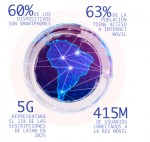 Oportunidades para el desarrollo y fortalecimiento de los negocios EdTech en LATAM
Oportunidades para el desarrollo y fortalecimiento de los negocios EdTech en LATAM
Tags: Startups, EdTech, Business Strategy
 EL MERCADO LATINOAMERICANO PARA LA EDUCACIÓN Y LA CAPACITACIÓN PROFESIONAL EN LÍNEA 2020-2023
EL MERCADO LATINOAMERICANO PARA LA EDUCACIÓN Y LA CAPACITACIÓN PROFESIONAL EN LÍNEA 2020-2023
Tags: EdTech, Entrepreneurship, Startups
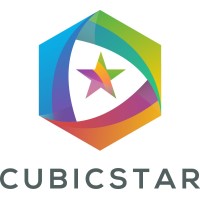 Co-Founder of CubicStar S.C.
Co-Founder of CubicStar S.C.
Tags: Innovation, Startups, EdTech
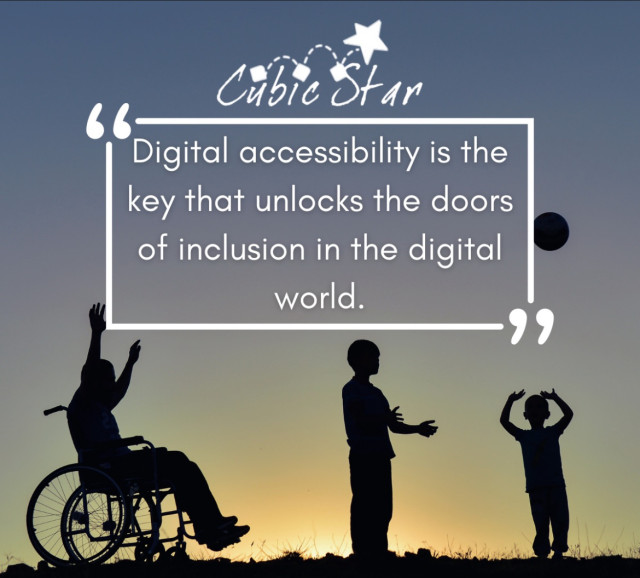 Let's Talk about Digital Accessibility with Decision Makers
Let's Talk about Digital Accessibility with Decision Makers
Tags: Digital Transformation, Diversity and Inclusion, Leadership
Tags: Design Thinking, EdTech
Tags: Culture, Health and Safety, Social
Tags: Culture, Health and Safety, Social
Tags: Culture, Health and Safety, Social
Tags: Culture, Health and Safety, Social
 INVASIÓN E INVERSIÓN DE ROLES EN LA PAREJA ACTUAL Y SU RELACIÓN CON LA VIOLENCIA INTRAFAMILIAR Y DE GÉNERO
INVASIÓN E INVERSIÓN DE ROLES EN LA PAREJA ACTUAL Y SU RELACIÓN CON LA VIOLENCIA INTRAFAMILIAR Y DE GÉNERO
Tags: Culture, Health and Safety, Social
 Sesgos cognitivos en la toma de decisiones y su impacto en los negocios Un caso de estudio
Sesgos cognitivos en la toma de decisiones y su impacto en los negocios Un caso de estudio
Tags: Business Strategy, EdTech, Predictive Analytics
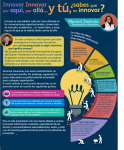 Innovación para principiantes, innovación para todos
Innovación para principiantes, innovación para todos
Tags: Innovation
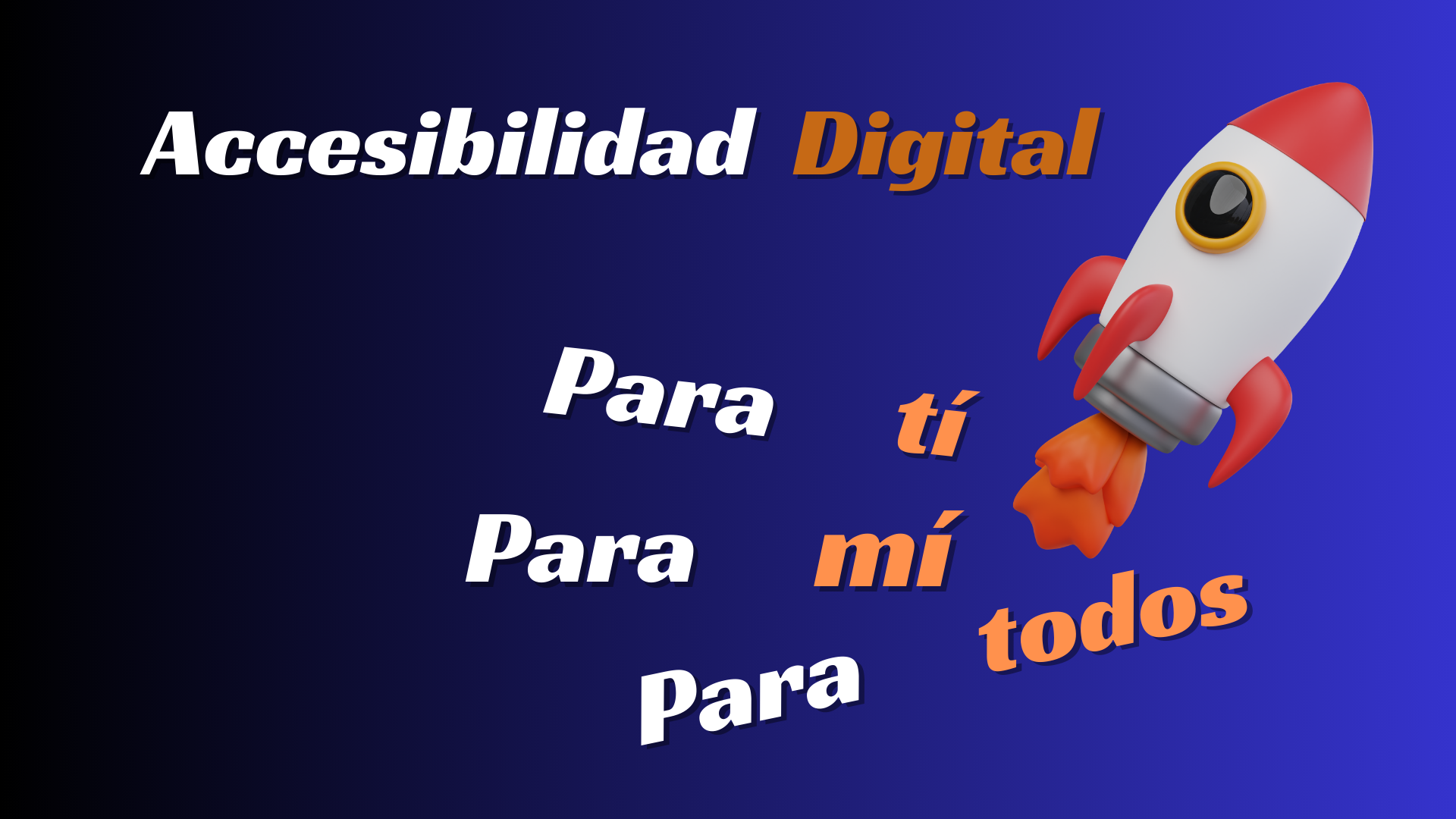 5 powerful reasons for business incubators to promote digital accessibility among their ventures
5 powerful reasons for business incubators to promote digital accessibility among their ventures
A business incubator that promotes digital accessibility among its ventures is betting on an inclusive and sustainable approach that offers multiple benefits:
Tags: Diversity and Inclusion, Entrepreneurship, Startups
 The 8 key elements for a successful corporate digital accessibility strategy
The 8 key elements for a successful corporate digital accessibility strategy
A corporate digital accessibility strategy must encompass eight key elements:
1. Commitment and leadership: It must have the support and leadership of the company's top management to ensure its implementation and follow-up.
2. Initial evaluation: Conduct a comprehensive evaluation of the current accessibility of digital products and services within the company.
3. Regulations and standards: Comply with digital accessibility regulations and standards (such as WCAG guidelines) to ensure compatibility with different devices and users.
4. Training and awareness: Provide employees with training on the importance and techniques to create and maintain accessible digital products.
5. Integration in the development cycle: Incorporate accessibility from the early stages of digital product development, rather than adding it as a later task.
6. Testing and feedback: Conduct regular tests with real users with functional diversity to gather feedback and continuously improve accessibility.
7. Evaluation and metrics: Establish clear metrics to measure the progress and effectiveness of the digital accessibility strategy.
8. Continuouss updates: Stay up-to-date with emerging technologies and best practices in accessibility to adapt and continuously improve.
If you want to learn more, get in touch.
Tags: Digital Transformation, Diversity and Inclusion, Leadership
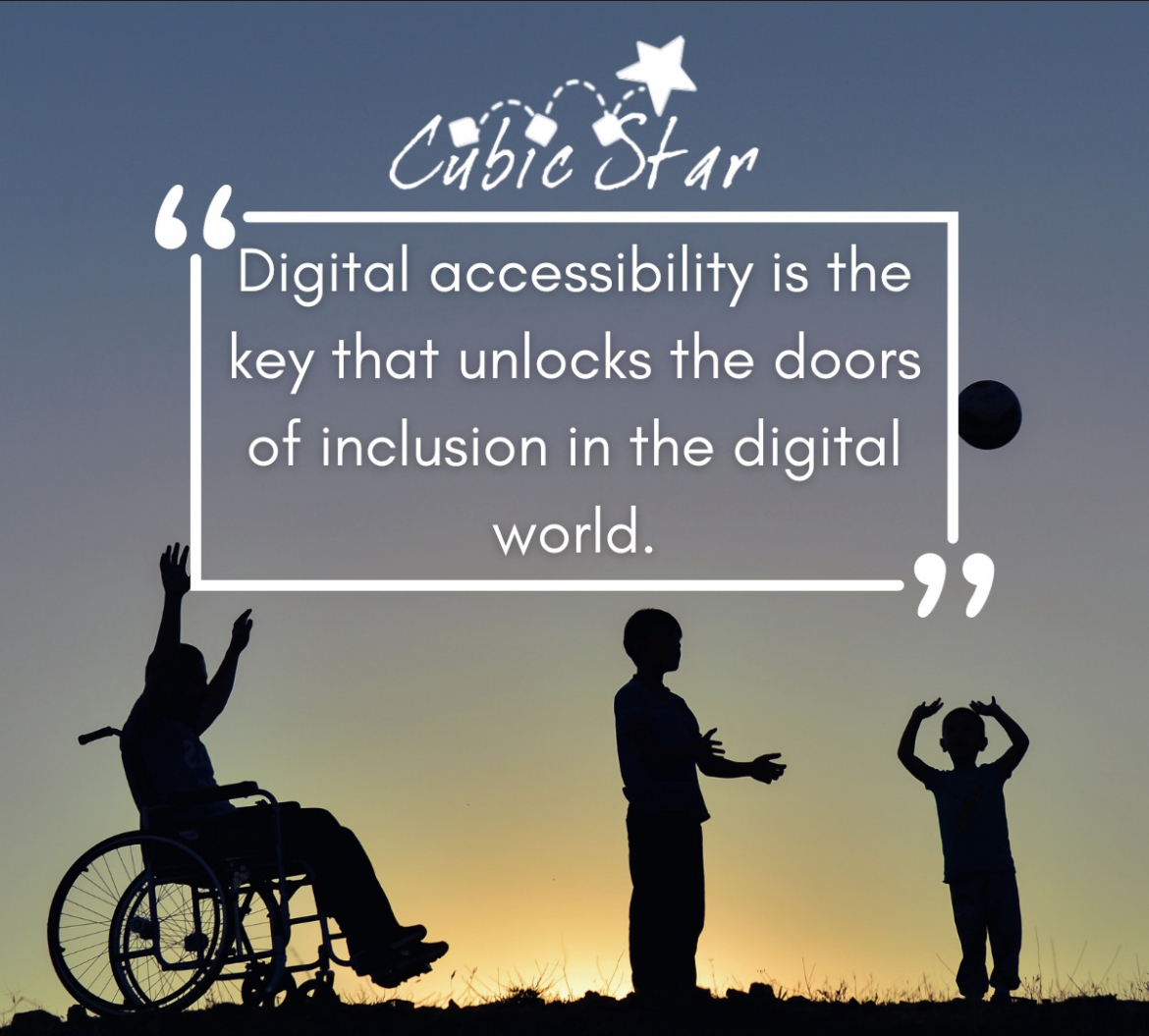 Let's Talk about Digital Accessibility with Decision Makers
Let's Talk about Digital Accessibility with Decision Makers
Digital accessibility stands as a fundamental pillar for business success and social equity. It's not just about meeting legal or technical standards; it represents a strategic opportunity for leaders and decision makers to reinforce social responsibility, diversity, and inclusion within their organizations.
Digital accessibility refers to the ability of individuals, regardless of their abilities, to efficiently use and access digital technology with a reasonable amount of time and effort. This encompasses everything from websites and mobile applications to devices and online platforms, as well as all products and services accessed through them.
1. Inclusion and Diversity:
Digital inclusion fosters an environment conducive to diversity, resulting in a more diverse workforce and a broader customer base.
2. Regulatory Compliance and Legal Aspects:
Beyond ethical and social reasons, with increasingly stringent regulations worldwide, ensuring digital accessibility is becoming essential to avoid legal risks and penalties.
3. Innovation and Competitiveness:
Leaders and companies prioritizing digital accessibility in their initiatives can gain competitive advantages by attracting a broader talent pool and market, fostering innovation in their products and services.
4. Reputation and Social Responsibility:
Demonstrating a commitment to digital accessibility not only enhances a company's reputation but also showcases its corporate social responsibility and commitment to people.
1. Integration from the Start:
Incorporating accessibility from the design and development phase of any digital product or service is crucial to ensure its effectiveness.
2. Education and Awareness:
Building an organizational culture supporting diversity and inclusion and educating teams about the importance and benefits of digital accessibility are essential for effective implementation.
3. Use of Technology and Specialized Tools:
Numerous tools and technologies are available to evaluate and improve the accessibility of digital products.
4. Strategy and Commitment:
The success of digital accessibility depends significantly on it being a cross-cutting strategy within the organization and not isolated initiatives, coupled with a genuine commitment to accessibility and digital inclusion.
To learn more, contact us or refer to the bibliography recommended below:
Tags: Digital Transformation, Diversity and Inclusion, Leadership
Location: Mexico, Spain, USA, Virtual Fees: $1,800 USD + Travel expenses
Service Type: Service Offered